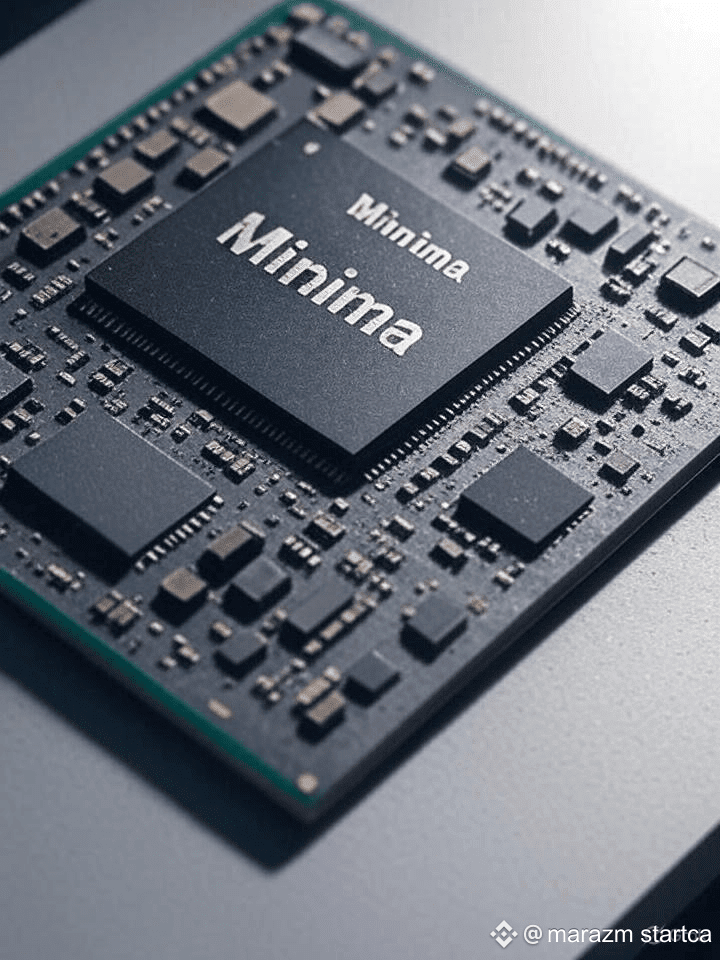1. ELTOO vs. Current Lightning Network:
- The Bitcoin Lightning Network uses a complex system of cascading timelocks to manage payment channels. These timelocks ensure transactions are secure but create overhead and complexity.
- ELTOO is a simpler, more efficient replacement for this system. It reduces "detritus" and makes the network lighter and more powerful.
2. Why Bitcoin Can’t Fully Support ELTOO:
- Bitcoin’s current system relies on CoinID (specific identifiers for coins), which limits how long payment channels can stay open. Channels must eventually close because Bitcoin doesn’t support SIGHASH_ANYPREVOUT, a feature that allows a signed transaction to spend any coin with the correct address and amount, regardless of its specific ID.
- Minima, however, supports floating inputs, which act like SIGHASH_ANYPREVOUT. This allows payment channels on Minima to stay open indefinitely, as long as both parties cooperate.
3. How ELTOO Works in Minima:
- In Minima’s Omnia, you only need to check the network periodically to ensure your counterparty hasn’t tried to close the channel dishonestly (an "un-cooperative close"). If they do, you can post the latest transaction in the sequence to secure your funds.
- This makes channels more flexible and user-friendly compared to Bitcoin’s Lightning Network, where channels have stricter time constraints.
4. P2P Demo, Not Multi-Hop:
- The developer’s current application (dapp) is a P2P, one-to-one payment channel, serving as a MVP to demonstrate ELTOO’s capabilities. It doesn’t yet support multi-hop (routing payments through multiple nodes, as in Bitcoin’s Lightning Network). This is a starting point for future development.
5. ELTOO’s Broader Potential:
- ELTOO isn’t just for payments. It allows any sequence of on-chain transactions (transactions recorded on the blockchain) to be converted into off-chain transactions (transactions processed outside the blockchain for speed and cost savings).
- This makes it easier for developers to take slow, expensive on-chain processes (like a poker game requiring multiple blockchain updates) and "lift" them off-chain, making them fast and cheap while maintaining security.
- For example, a poker game could require players to post transactions on-chain for every move, which would be slow and costly. With ELTOO, the same logic can run off-chain, making it fast and free, while still being secure.
6. Why Poker as an Example?:
- Poker is a complex system involving multiple players, actions, and states. If ELTOO can handle something as intricate as a poker game, it can theoretically support a wide range of applications, showcasing its versatility.
7. Minima’s Advantage: Full Nodes and No Watchtowers:
- In Minima, every user runs a full node, which means they can directly monitor the network and manage their channels without relying on third-party watchtowers (services that monitor for dishonest behavior in Bitcoin’s Lightning Network).
- This makes Minima’s system fully trustless, as users don’t need to depend on external services for security.
8. Omnia:
- Omnia is Minima’s name for this ELTOO-based system, designed to be a lightweight, flexible, and developer-friendly alternative to Bitcoin’s Lightning Network, with broader applications beyond payments.
Minima’s Omnia uses ELTOO to create a simpler, more efficient version of the Lightning Network. Unlike Bitcoin, Minima supports floating inputs, allowing payment channels to stay open indefinitely. ELTOO also enables developers to easily convert complex on-chain processes (like a poker game) into fast, off-chain systems. Since every Minima user runs a full node, there’s no need for watchtowers, making the system trustless. The current demo is a basic P2P channel, but ELTOO’s potential extends far beyond payments, simplifying off-chain protocol development.
